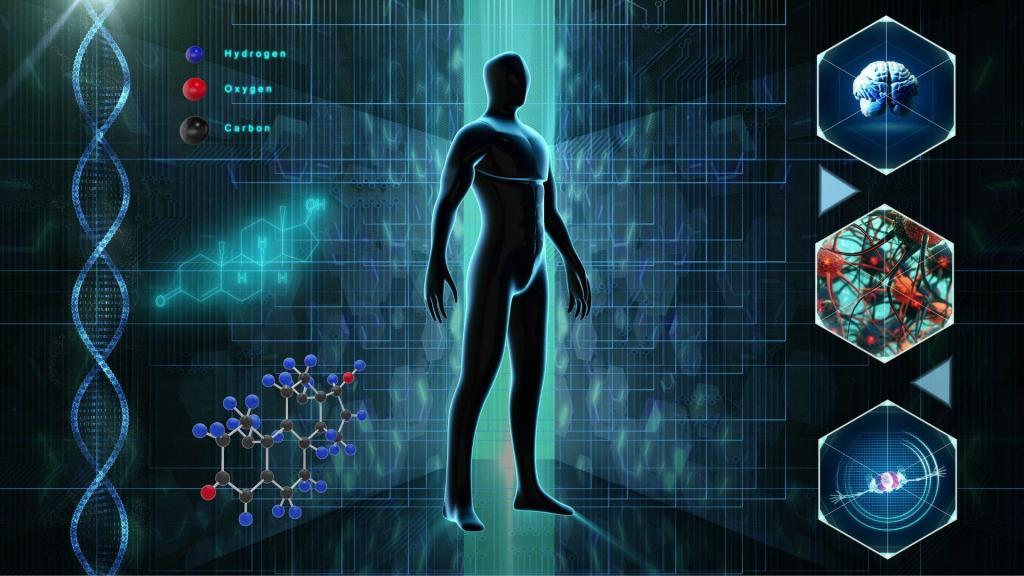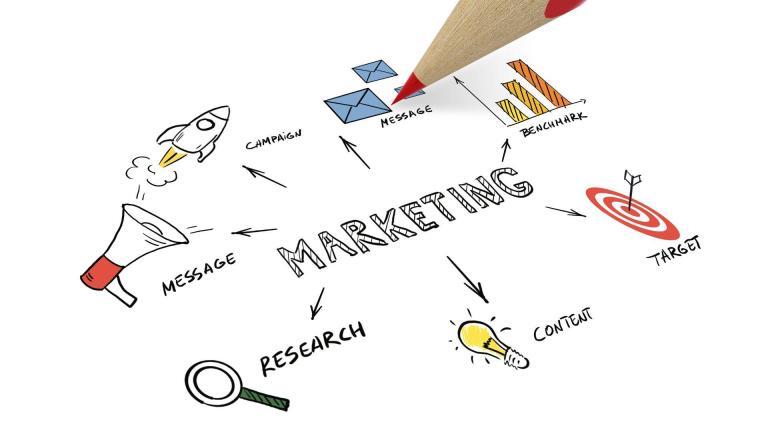Contents
ToggleIntroduction
In recent years, artificial intelligence (AI) has become a groundbreaking field that has revolutionized numerous industries, including medicine. The application of AI in medicine has the potential to improve the accuracy of diagnoses, increase efficiency in drug development, and relieve medical staff of bureaucratic tasks. In this article, we will provide a comprehensive overview of the various applications of AI in medicine and explore how it is changing our lives.
The diagnosis of diseases
Proper diagnosis of diseases is crucial for effective treatment. However, making a diagnosis can be a laborious process that requires a lot of time and experience. This is where artificial intelligence comes into play. Machine learning algorithms, particularly deep learning algorithms, allow computers to analyze large amounts of medical data and identify patterns that indicate certain diseases. This enables faster and more accurate diagnosis.
An example of the application of AI in diagnosis is the detection of lung cancer or strokes based on CT scans. The use of AI can help doctors evaluate images by highlighting potentially abnormal areas. This saves time and enables early detection of diseases.

In addition, AI algorithms can also help assess the risk of sudden cardiac death or other heart diseases using electrocardiograms (ECG) and cardiac MRI scans. By analyzing this data, potential risk factors can be identified and appropriate treatment measures can be recommended.
Another area of application for AI in diagnosis is the classification of skin lesions based on skin images. By analyzing images, suspicious lesions can be identified and a biopsy recommended if necessary.
The development of medicines
Developing new drugs is a complex and expensive process that can take years. Here, artificial intelligence offers enormous opportunities to increase the efficiency and speed of drug development.
An example of the application of AI in drug development is the identification of intervention targets. Through the use of AI, large amounts of data can be analyzed to identify potential targets for disease treatment. This enables more targeted development of new drugs.
In addition, AI can also help in finding suitable drug candidates. By analyzing structural fingerprints and molecular descriptors, AI algorithms can predict the suitability of a molecule. This saves time and resources when searching for promising candidates.
Another area where AI is being used in drug development is to accelerate clinical trials. By analyzing data, AI algorithms can identify potential participants for clinical trials and recommend appropriate treatment plans. This allows studies to be carried out more quickly and the effectiveness of drugs to be assessed more efficiently.

AI in everyday use
In addition to the specific applications in diagnosis and drug development, there are also numerous other areas in which AI is used in medicine. An example of this is the automation of office work. By using AI, repetitive tasks such as documenting patient data can be automated. This saves time and allows medical staff to focus more on patient care.
In addition, AI can also support decision-making in medicine. By analyzing large amounts of data, AI algorithms can make recommendations for the best treatment option. This can help physicians make informed decisions and improve the quality of patient care.
Another area where AI is used in medicine is personalized medicine. By analyzing genetic data, AI algorithms can make predictions about an individual's risk of certain diseases and create tailored treatment plans.
Challenges and future prospects
Although the application of AI in medicine offers tremendous benefits, there are also some challenges that need to be overcome. Data protection and data security are important aspects that must be taken into account when using AI in medicine. It is important to ensure that patient information is appropriately protected and kept confidential.
Furthermore, integrating AI into existing medical systems and processes is a complex task. It requires close collaboration between healthcare professionals and technology experts to ensure that AI solutions can be seamlessly integrated into everyday clinical practice.
The future of artificial intelligence in medicine is promising. With further advances in machine learning and deep learning, AI systems will be able to make even more accurate diagnoses and offer personalized treatment options. In addition, the development of medicines will progress more efficiently and quickly through the use of AI.
In conclusion, the application of artificial intelligence in medicine offers a variety of opportunities and possibilities. It is important that we use this technology responsibly and ethically to achieve the best for patient care. The future of medicine will undoubtedly be shaped by artificial intelligence, and we should be ready to embrace and leverage these changes.



